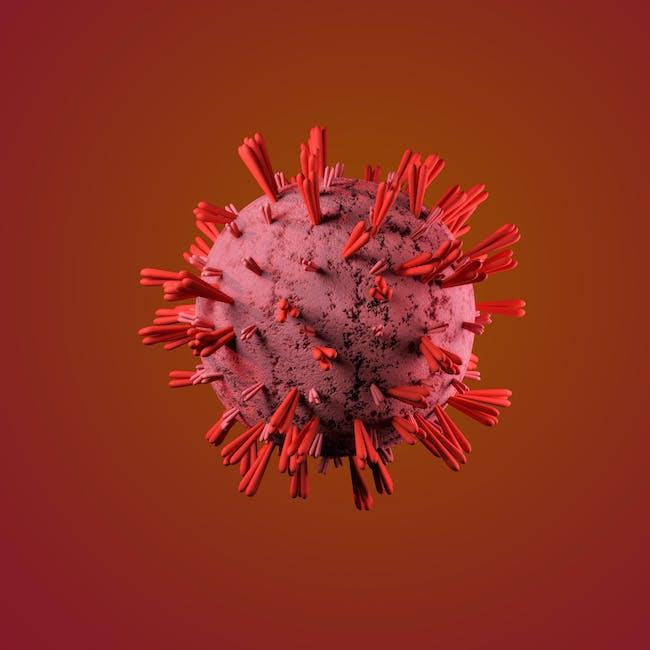
Anemia is a condition that occurs when your body doesn’t have enough red blood cells. These cells are responsible for carrying oxygen to your body’s tissues. When your body doesn’t have enough red blood cells, it can lead to symptoms that can affect your overall well-being. In this article, we’ll discuss the symptoms of anemia in detail.
Fatigue and Weakness
One of the most common symptoms of anemia is fatigue and weakness. Because red blood cells are responsible for carrying oxygen to the body’s tissues, a lack of these cells can lead to feelings of tiredness and weakness. This can make everyday tasks feel more challenging than usual, and can impact your overall quality of life.
If you’re experiencing these symptoms, it’s important to speak with your healthcare provider. They can run tests to determine if you have anemia and recommend a treatment plan to help alleviate your fatigue and weakness.
Shortness of Breath
Another symptom of anemia is shortness of breath. When your body doesn’t have enough red blood cells, it can lead to a lack of oxygen reaching your body’s tissues. This can make it difficult to breathe, especially during physical activity or exertion.
If you’re finding it harder to catch your breath or experiencing shortness of breath more frequently, it’s important to seek medical attention. Anemia can impact your body’s ability to function properly, and a healthcare provider can help determine the best course of action to address this symptom.
Dizziness and lightheadedness
Anemia can also cause dizziness and lightheadedness. When your body doesn’t have enough red blood cells to carry oxygen to your brain, it can lead to feelings of dizziness and lightheadedness. This can be particularly concerning, as it can impact your overall sense of balance and coordination.
If you’re experiencing these symptoms, it’s important to speak with a healthcare provider, as they can help determine the cause and recommend a plan to address your dizziness and lightheadedness.
Headaches
Anemia can also lead to headaches. When your body doesn’t have enough red blood cells, it can impact the flow of oxygen to your brain, which can lead to headaches. While headaches can have many causes, anemia is one potential culprit.
If you’re experiencing headaches, especially if they’re accompanied by other anemia symptoms, it’s important to seek medical attention. A healthcare provider can help determine if anemia is the cause and recommend a treatment plan to address this symptom.
Chest Pain
Another potential symptom of anemia is chest pain. When your body doesn’t have enough red blood cells, it can impact the flow of oxygen to your heart and other vital organs, which can lead to chest pain. This symptom can be particularly concerning and should be addressed as soon as possible.
If you’re experiencing chest pain, it’s important to seek medical attention immediately. Anemia can impact your body’s ability to function properly, and it’s important to address this symptom as soon as possible.
Pale or Yellowish Skin
Anemia can also cause your skin to become pale or yellowish in color. This occurs because the lack of red blood cells impacts the amount of oxygen that reaches your body’s tissues, which can cause your skin to appear pale or yellowish.
If you notice changes in the color of your skin, it’s important to speak with a healthcare provider, as they can help determine if anemia is the cause and recommend a treatment plan to address this symptom.
These are some of the most common symptoms of anemia. If you’re experiencing any of these symptoms, it’s important to seek medical attention as soon as possible. Anemia can impact your body’s ability to function properly, and a healthcare provider can help determine the cause and recommend a treatment plan to address your symptoms.

















